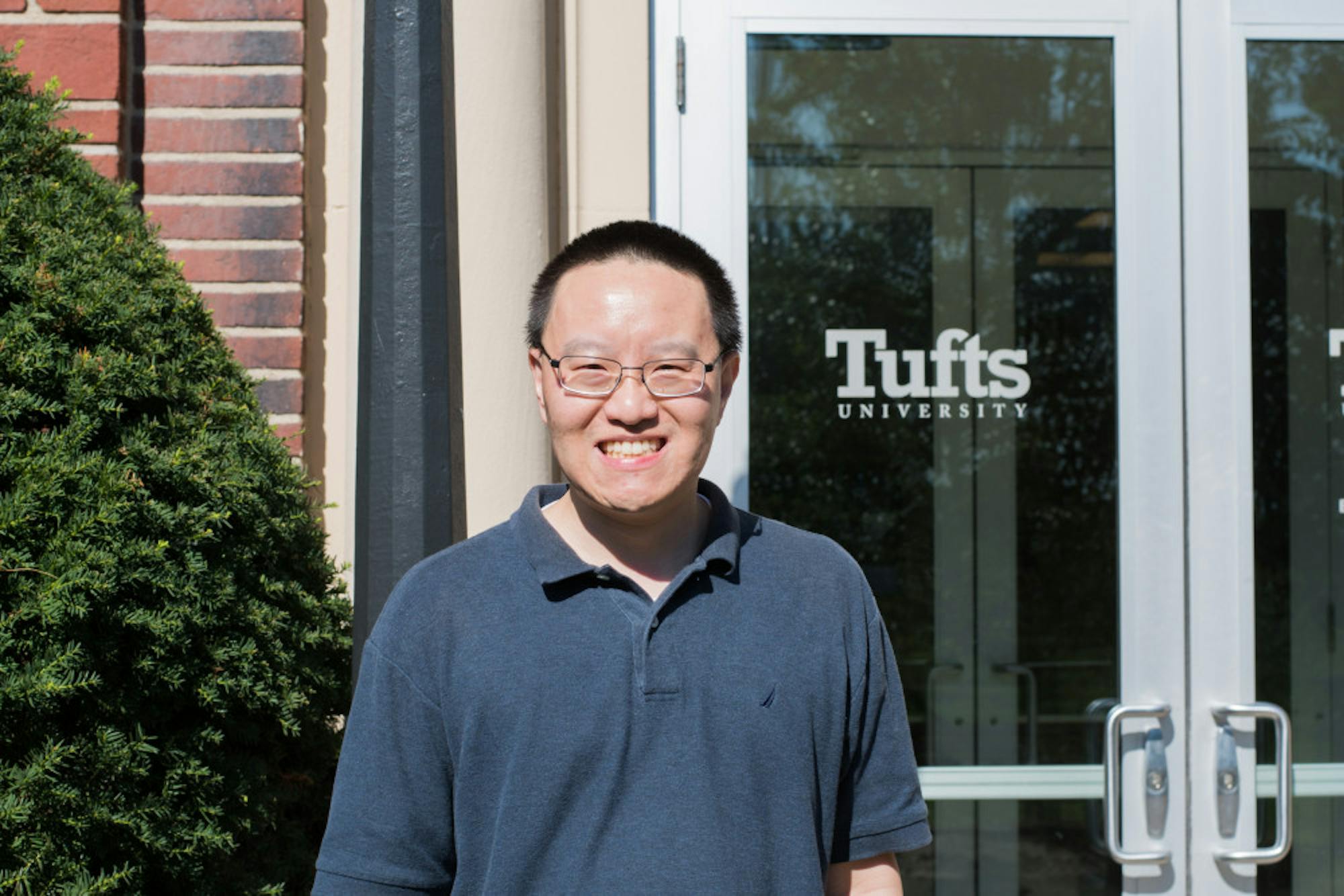Last week, the International Relations (IR) Program welcomed Senior Lecturer Ming Chow from the computer science department, as a core faculty member, meaning that computer science will now have representation among the many departments affiliated with the IR program, according to the Sept. 26 IR newsletter.
Additionally, the newsletter announced another three core faculty members from other disciplines: Associate Professor Keith Maddox from the psychology department,Assistant Professor Alex Blanchette from the anthropology department and Lecturer Ninian Stein from the environmental studies department.
Chow's new role in the IR program follows the hiring of cybersecurity policy expert Susan Landau as a Bridge Professor between the School of Engineering and the Fletcher School of Law and Diplomacy last spring, further demonstrating an effort to promote interdisciplinary collaboration.
Chow emphasized the importance of including cybersecurity and technology studies in the IR program because of the increasingly critical role these fields play in global politics and conflict resolution.
“A lot of the work, such as the course that I taught on cybersecurity, crosses into both fields. The connection could not be more clear after what we have done in the computer science department," Chow said.
Winnona DeSombre, who studies IR, was complimentary of Chow's computer security course and credited him in aiding DeSombre's success in a cyber policy competition and the Tufts IR society chapter's receiving honors status.
"I think he's going to be a great addition to the core faculty and I'm really excited to see where it goes," DeSombre, a senior, said.
Chow's new role in the computer science department is a signal of the major's growing popularity, while the IR major was the most popular degree awarded in 2016, according to the Office of Institutional Research and Evaluation website, computer science challenged IR's hegemony as the most popular major in 2015.
The title of core faculty member primarily entails new advising duties, and thus these professors will guide several advisees through the IR program.
“I know the expectation will be advising students,” Chow said. “It makes sense for me because there are a number of students studying computer science and international relations anyway.”
In addition to just advising students, Chow added that his courses may now be cross-listed between departments and that he now has increased ability to bring in guest speakers.
The new core faculty members come from departments that some may find unrelated to the study of IR. However, Blanchette maintains that their unique perspectives will be valuable additions to the program.
“Contemporary food and agriculture usefully illuminates a whole host of issues relevant to an IR major: the politics of trade pacts, ongoing histories of colonialism, the migration of labor, the promise and peril of development aid, and the circulation of expert knowledge,” Blanchette, who specializes in agriculture and food studies, told the Daily in an email.
First-year and prospective IR major William Hsu said he thinks the new additions to the program will make the major more comprehensive.
"The new professors in the core faculty really excite me because they can add a new perspective to the program and potentially expand its global reach," Hsu said.
International Relations Program adds computer science Senior Lecturer Ming Chow as core faculty

Professor Ming Chow, who has recently joined the International Relations Program poses for a photo on Sep. 28, 2017.





